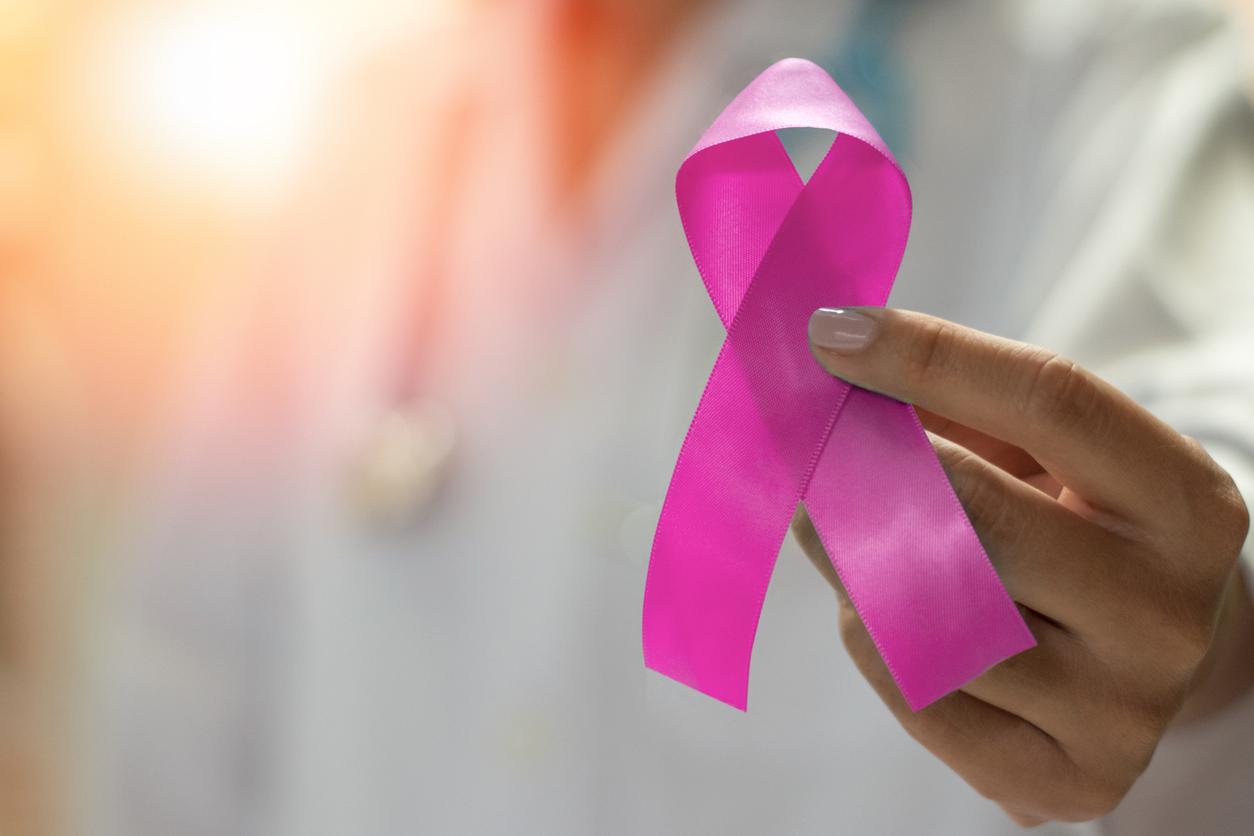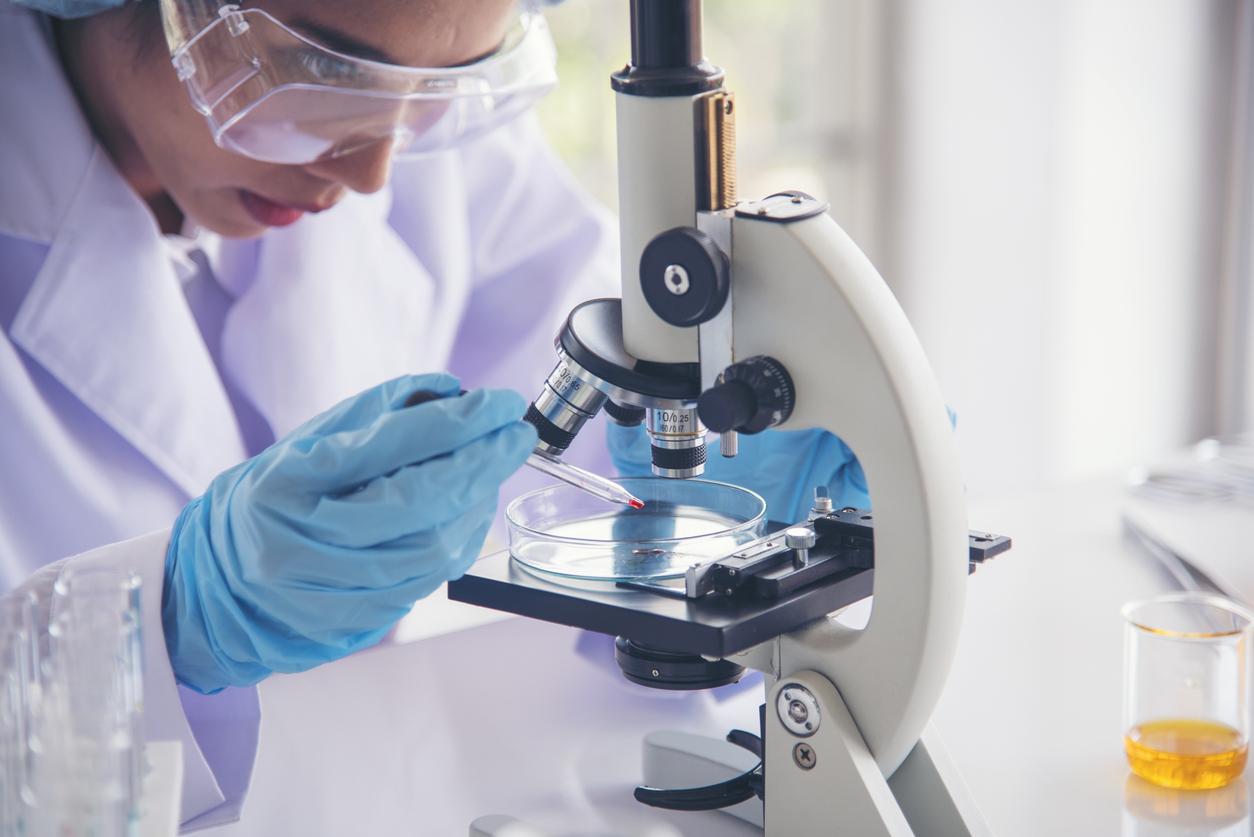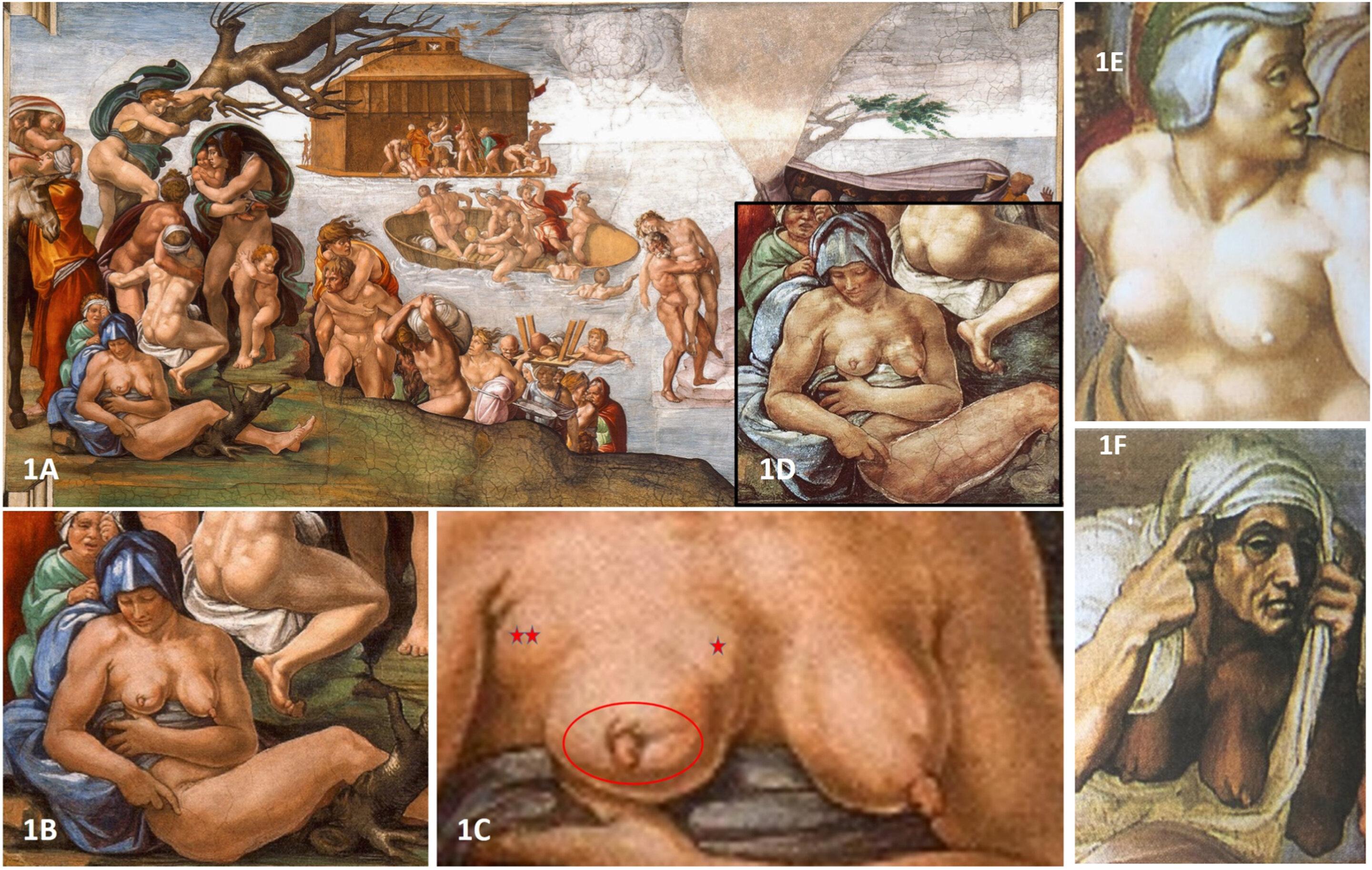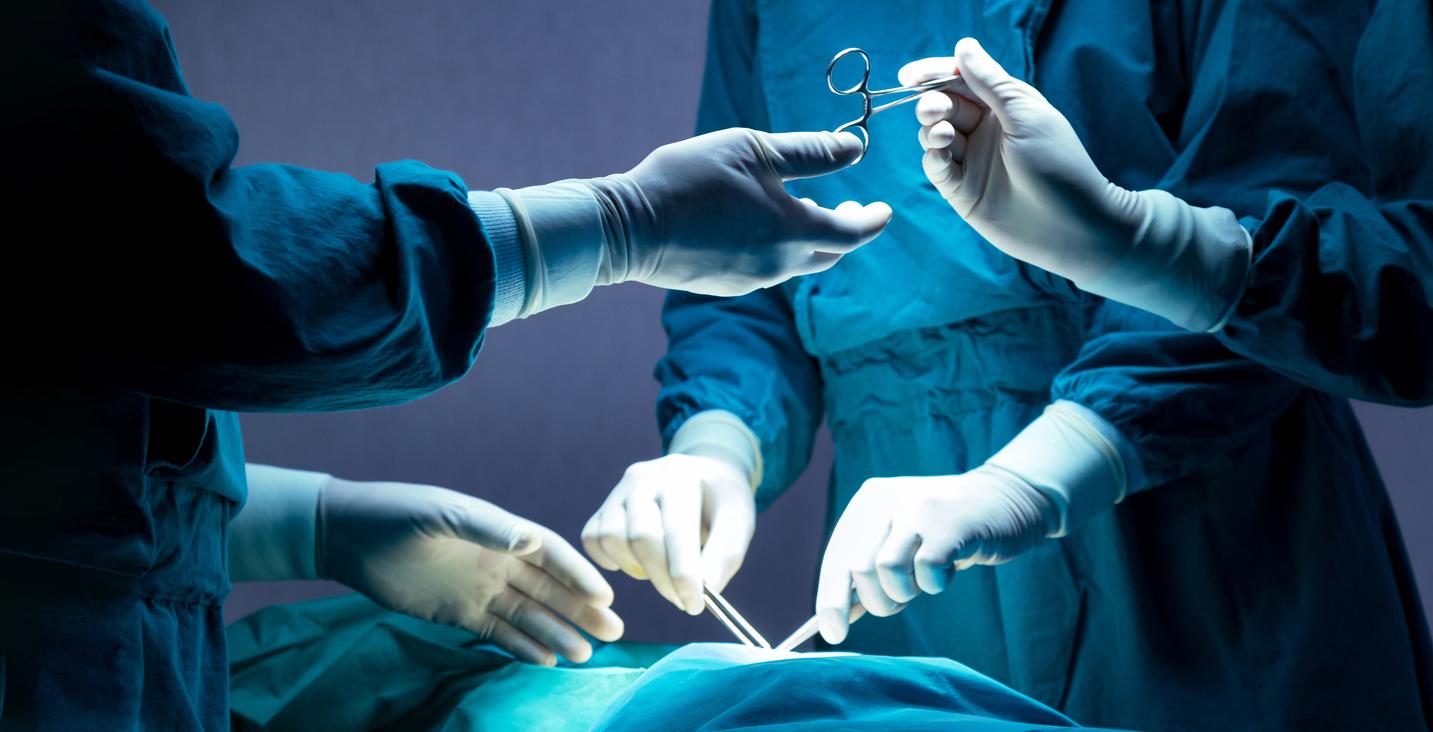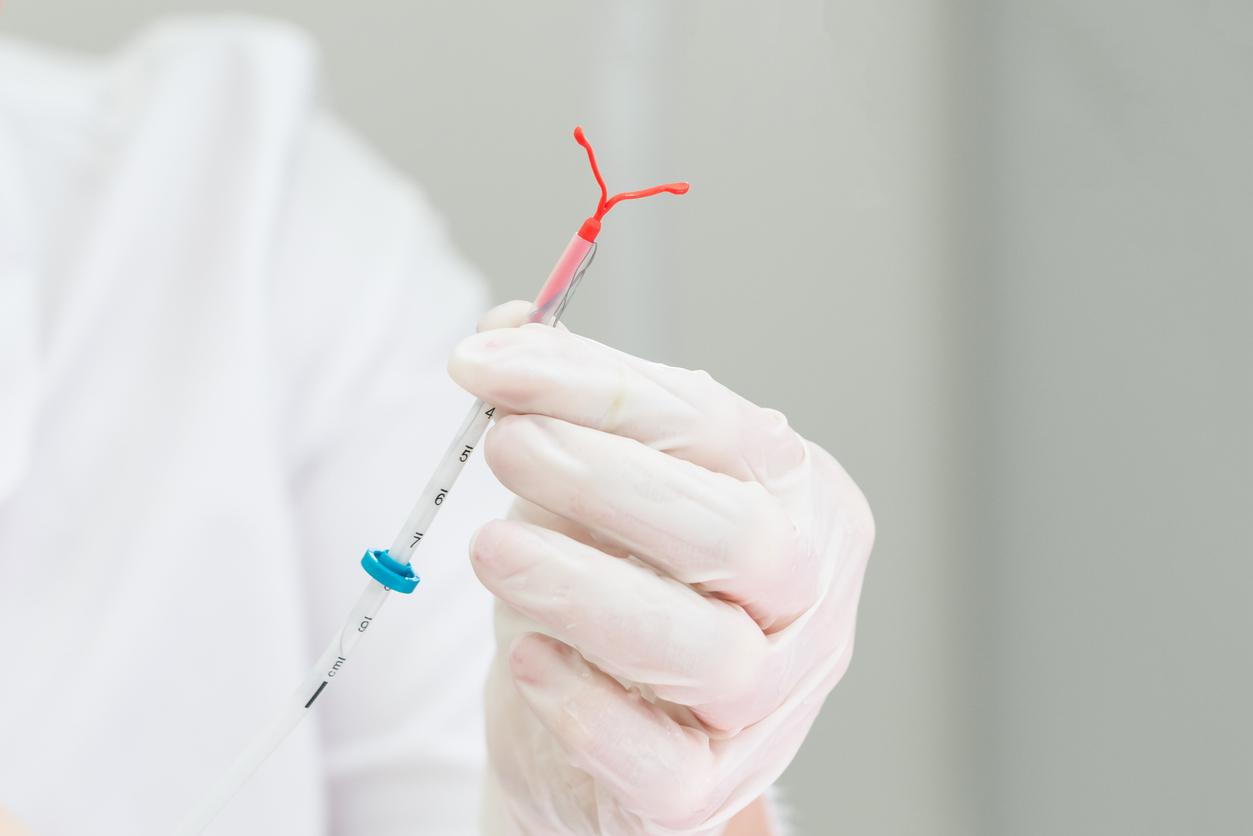Three genes were known so far whose transmissible mutations greatly increased the risk of cancer of his. Two studies have just demonstrated that other genes are involved in the predisposition to the disease. This can call into question the choice of preventive care, including prophylactic surgery.
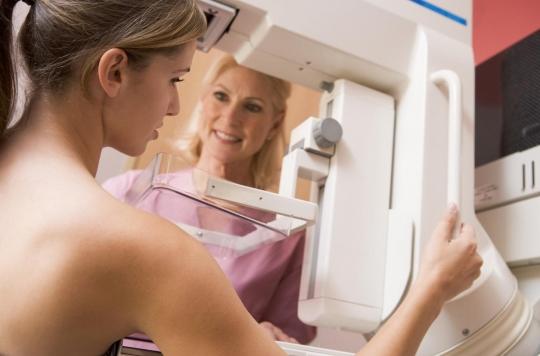
- Inheritable mutations in the BRCA 1 and 2 genes have until now been clearly associated with an elevated risk of breast cancer
- Two studies show that in fact between 25 and 35 genes are involved in the risk of developing this disease
- The risks being nevertheless less than with the genes already known, the choice of prophylactic surgery becomes less obvious.
Until then, things seemed “simple” in the face of gene mutations that greatly increased the risk of developing breast cancer: for women with a transmissible mutation – i.e. already present in ascendants – of the BRCA1 genes, BRCA2 and, to a lesser extent PAL-B2, the risk of developing the disease could be up to 80% higher than normal.
And in this case, the choices in terms of “preventive” treatment, in particular partial or total mastectomy (removal of one or both breasts), could be based on the strong probability of developing the disease. The most illustrious case is that of actress Angelina Jolie who chose a total mastectomy after being diagnosed with one of the mutations like her mother.
25 to 35 genes involved in breast cancer risk
Two studies published at the beginning of February in the New England Journal of Medicine have reshuffled the cards on this subject. The first covers nearly 64,000 women in the United States, the second out of 113 women from 25 different countries. Both lead to the same conclusions: the transmissible mutations aggravating the risk of breast cancer do not relate to 3 genes but to 25 or 30! And among them, eight (including BRCA 1 and 2, PAL-B2) and in particular the Check 1, Check 2 and ATM genes, are associated with an increased risk – multiplied by 2 for the last three mentioned – of breast cancer.
“This imposes a real paradigm shift, analyzes Professor Gilles Freyer, oncologist at the Hospices Civils de Lyon, because if it were easy to explain to a woman carrying BRCA 1 and 2 or PAL-B2 mutations the interest of prophylactic surgery because of the very high level of risk of developing cancer, one may wonder whether it is reasonable to make this choice, given its impact on the life course, for carrier women mutations on the other genes identified: if these really increase the susceptibility of developing the disease compared to other women, we are faced with a risk which is certainly significant but which is not that high… “.
More complex situations
It is therefore faced with more complex situations that oncologists specializing in breast cancer will find themselves following the publication of two studies that revisit the risk in this disease. What advice should be given to patients carrying these serious but not certain markers? Especially since the two studies recently presented show a lower level of risk than that hitherto admitted, emphasizing that the BRCA 1 mutation only increased the probability of the disease by 55% instead of 72%. And moreover, they also show that the new genes identified may, beyond what they predict in breast cancer, indicate an increased risk of colon cancer, or even pancreatic cancer.
However, beyond this new deal on the choice of prophylactic surgery, these newly identified genes will not cause any upheaval in the management of patients with breast cancer: “Fortunately, we already have new categories of drugs that are based on molecules that disrupt the DNA repair mechanism on tumor cells themselves carrying mutations affecting DNA repair genes”, reassures Professor Gilles Freyer.
.










